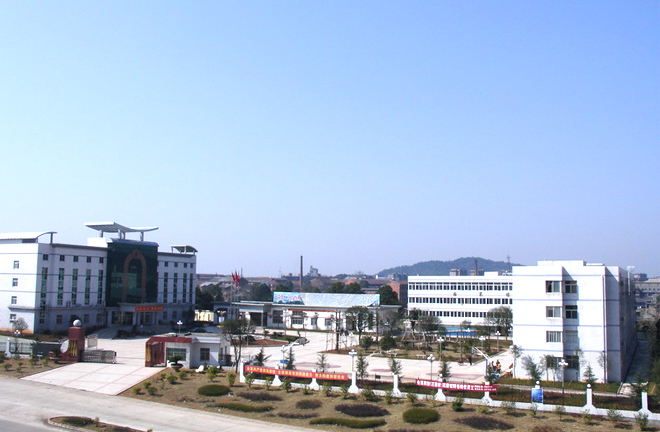Research scope expands beyond metropolises

Meitanba Town of Ningxiang County, Hunan Province, driven by coal industry, was once prosperous, but now stagnant as the supply of coal has nearly been depleted in the town.
The conditions in small cities lead to a particular set of problems that are sometimes more serious than those big cities face. Recently a reporter from Xinhua News Agency interviewed Hu Xiaowu, deputy dean of Institute of Urban Science at Nanjing University, who is one of pioneers of research on the problems of China’s small cities.
Yang Shaogong: Why are small cities so important in China?
Hu Xiaowu: According to the nation’s latest classification, China has more than 1,800 small cities, accounting for 85 percent of total metropolitan divisions larger than the county level nationwide. Therefore it’s reasonable to say the development of small cities in the new model of urbanization is fundamental in determining whether China’s urbanization is successful or not.
Yang Shaogong: What is behind the lack of vitality in small-city culture?
Hu Xiaowu: Ultimately, it is a vicious circle related to people attraction. The worse the cultural environment is, the harder it becomes for small cities to attract educated people. This is ultimately the result of an unreasonable distribution of cultural resources, especially the higher education resources and talented intellectuals, which cause the generally low levels of intellectual culture in small cities. Universities and other educational institutions of China are concentrated in several megacities, even big cities only share a small portion of these resources, let alone small cities. By contrast, many famous universities overseas are located in small college towns.
Yang Shaogong: Would projects like talent introduction and preventing the outflow of talented people alleviate the shortage of talent in small cities?
Hu Xiaowu: It is actually difficult for young people to integrate into the life in small cities. One major problem is that they believe “kinship” plays a more important role in small cities than in big cities. Acquaintance society in small cities is more easily inclined to form a clan trust than in big cities. Innovation or starting a business in small cities is more difficult as a result of the distribution of limited resources which, in small cities, tends to be based on nepotism rather than talent.
Yang Shaogong: What is the consequence of the small-city problems if they deteriorate? How can we deal with small-city problems?
Hu Xiaowu: If the small-city problems deteriorate in the crucial period of the development of urbanization, small cities may fall into what we call “the development trap of small cities” which means that small cities will decay as a result of their marginalization and big cities will also be dragged into more serious problems.
Generally speaking, we should abandon old-fashioned ideas of development, such as sightless bid for investment and size and speed supremacy in development.
First of all, the development of small cities should transfer from bidding for investment to talent attraction. That is how we recover the intellectual structure of small cities.
Secondly, the development of small cities should transform from expansion to optimization. The competitiveness of these cities lies in their unique aspects. This is how we can reduce the loss and find the fundamental ways to eradicate the urban maladies.
Last, the development of small cities should transform from copying and transplanting to communication and cooperation. Usually the small cities are inclined to transplant the projects and resources from big cities to themselves directly, but it has failed in many cases. Through communication and cooperation with big cities to share quality resources, the risk of direct transplantation of certain industries might be reduced.
